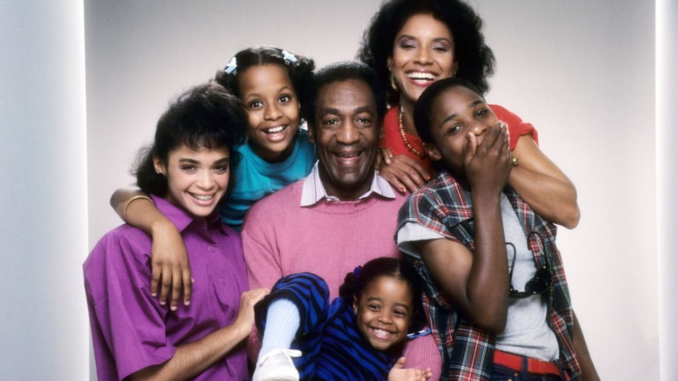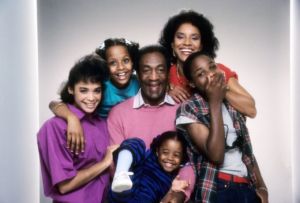
For many, The Cosby Show was just an entertaining family sitcom. But if you watched closely, the show was about much more than just jokes and slapstick humor. It contained hidden messages about race, class, and identity that went over the heads of many viewers when it originally aired. These subtle yet powerful lessons are what made the show far more impactful than many people realize.
1. The Surprising Truth About the Huxtables’ Wealth
While many saw the Huxtables as a model family, few understood the deeper message about wealth and class embedded within their portrayal. Cosby, through his writing and direction, made sure to show the Huxtables’ success was not just due to luck—it was a reflection of hard work, education, and perseverance.
In an era where mainstream TV rarely depicted Black families as wealthy or professionally accomplished, The Cosby Show took a bold stance. The Huxtables’ success was a direct challenge to stereotypes that depicted African-Americans as poor or disadvantaged. Yet, the show didn’t idealize wealth. Instead, it used the Huxtables’ affluence to explore the complexities of class and the challenges of achieving success in a racially biased society. Cosby didn’t just want to show Black wealth; he wanted to show that success was attainable through determination and education, no matter your race.
2. Why the Huxtables Represented Something Much Bigger Than Just a TV Family
The Huxtables were more than just a fictional family. They were symbols of Black excellence and a representation of what was possible for African-Americans in a country that often limited their opportunities. Cosby used the sitcom format to subtly critique systemic racial issues while simultaneously uplifting Black characters as positive role models.

The Huxtables were not perfect, but they were aspirational—representing the ideal that hard work, family, and education could lead to success. For many Black viewers, the Huxtables were a reflection of their own aspirations. They were a portrayal of what could be achieved if given the chance. For White viewers, the Huxtables challenged the stereotypes they had been taught about Black families and opened their eyes to the diversity and complexity of the African-American experience.
In many ways, The Cosby Show became a mirror for both Black and White audiences to reflect on their perceptions of race, class, and success in America.
